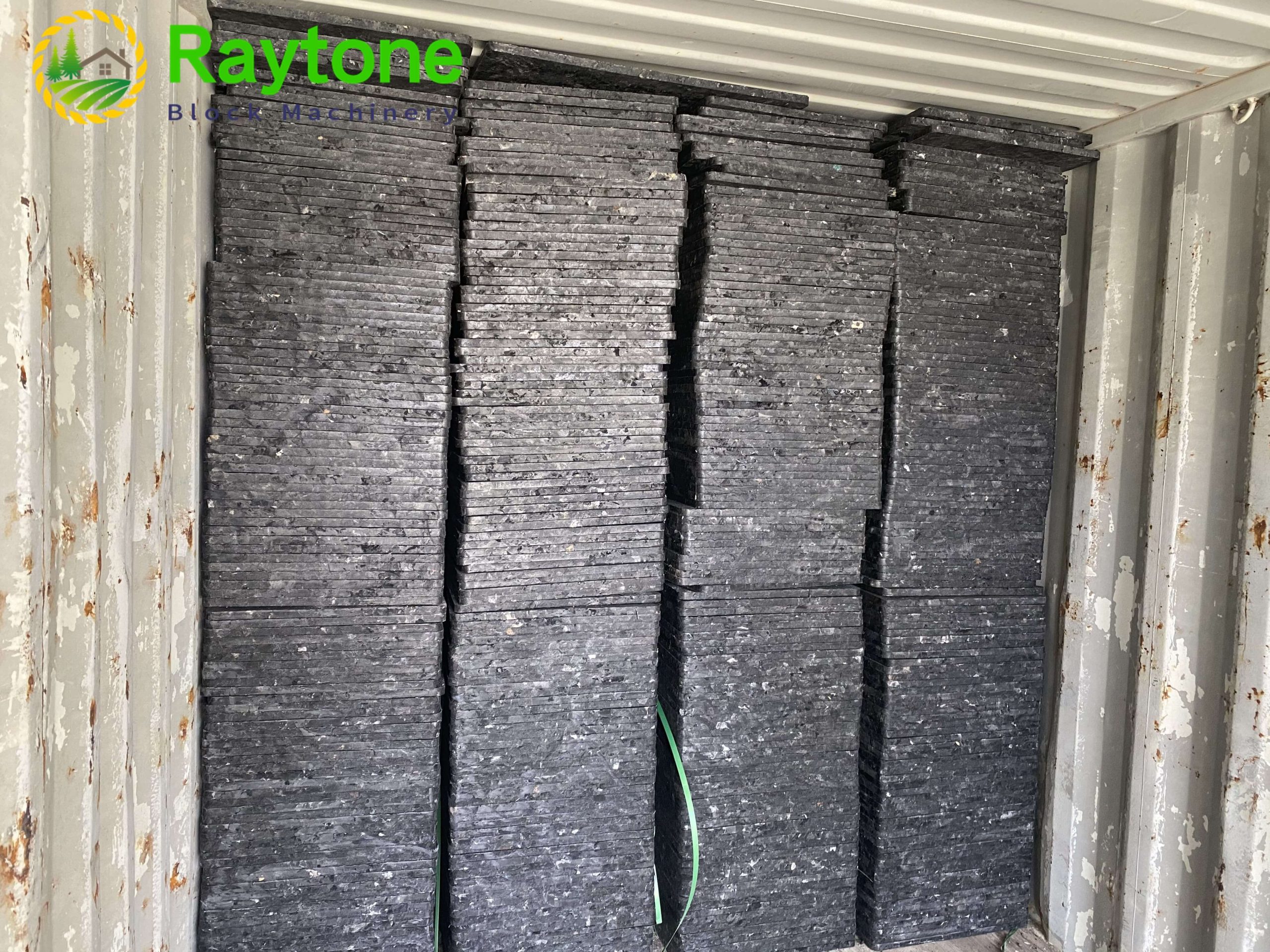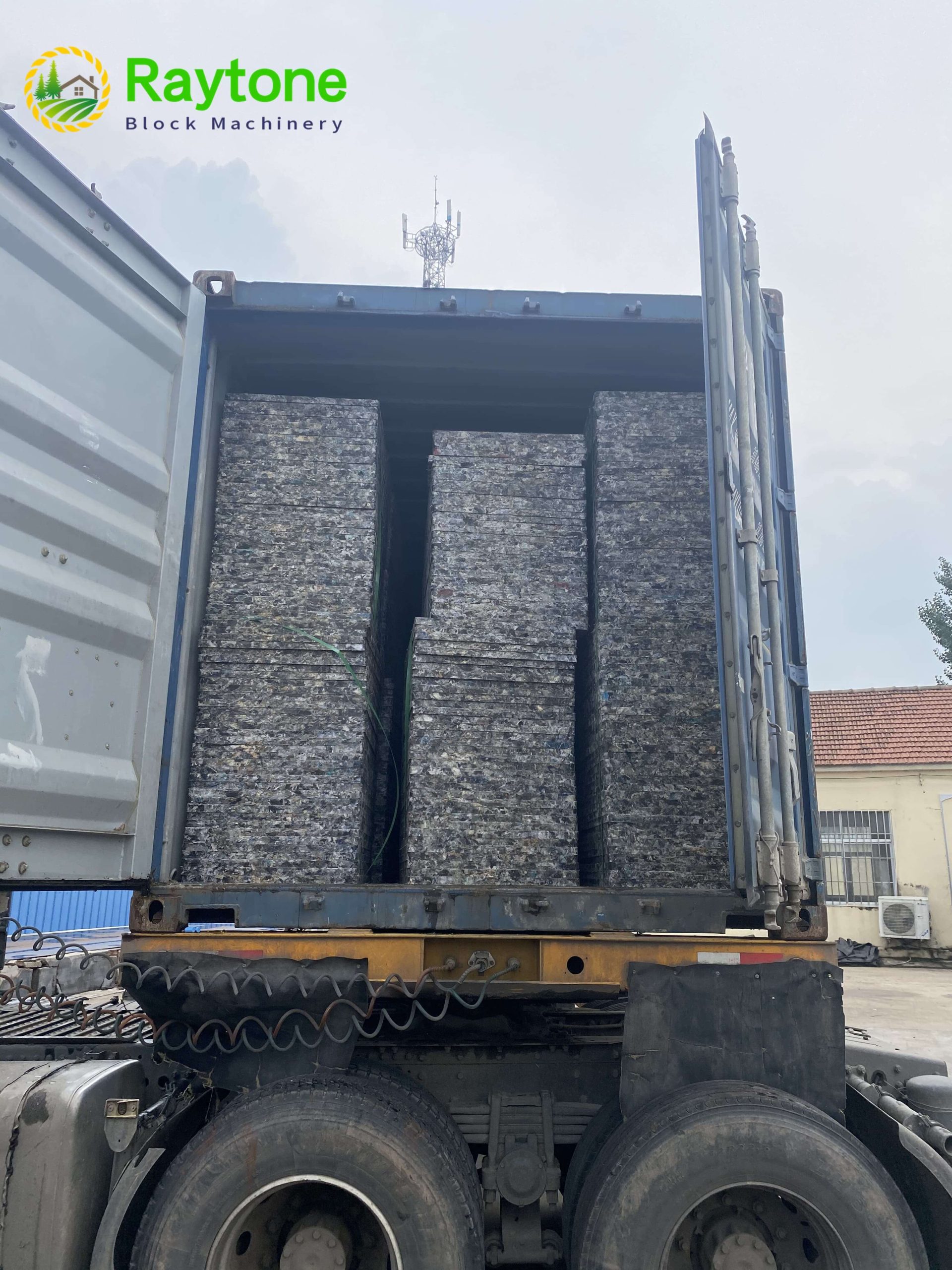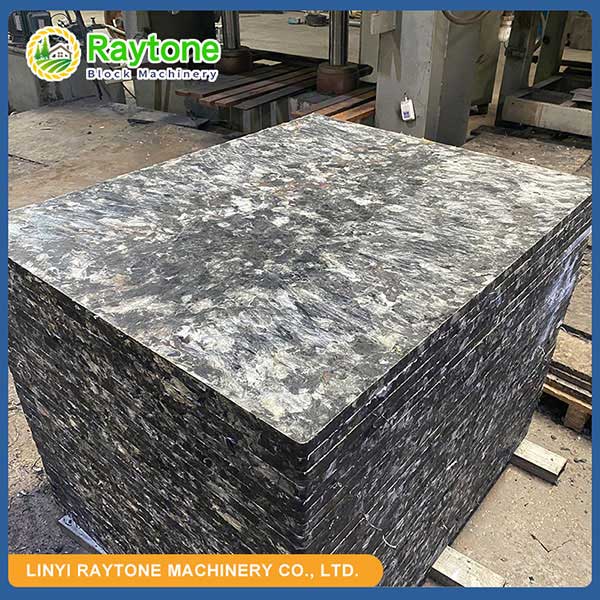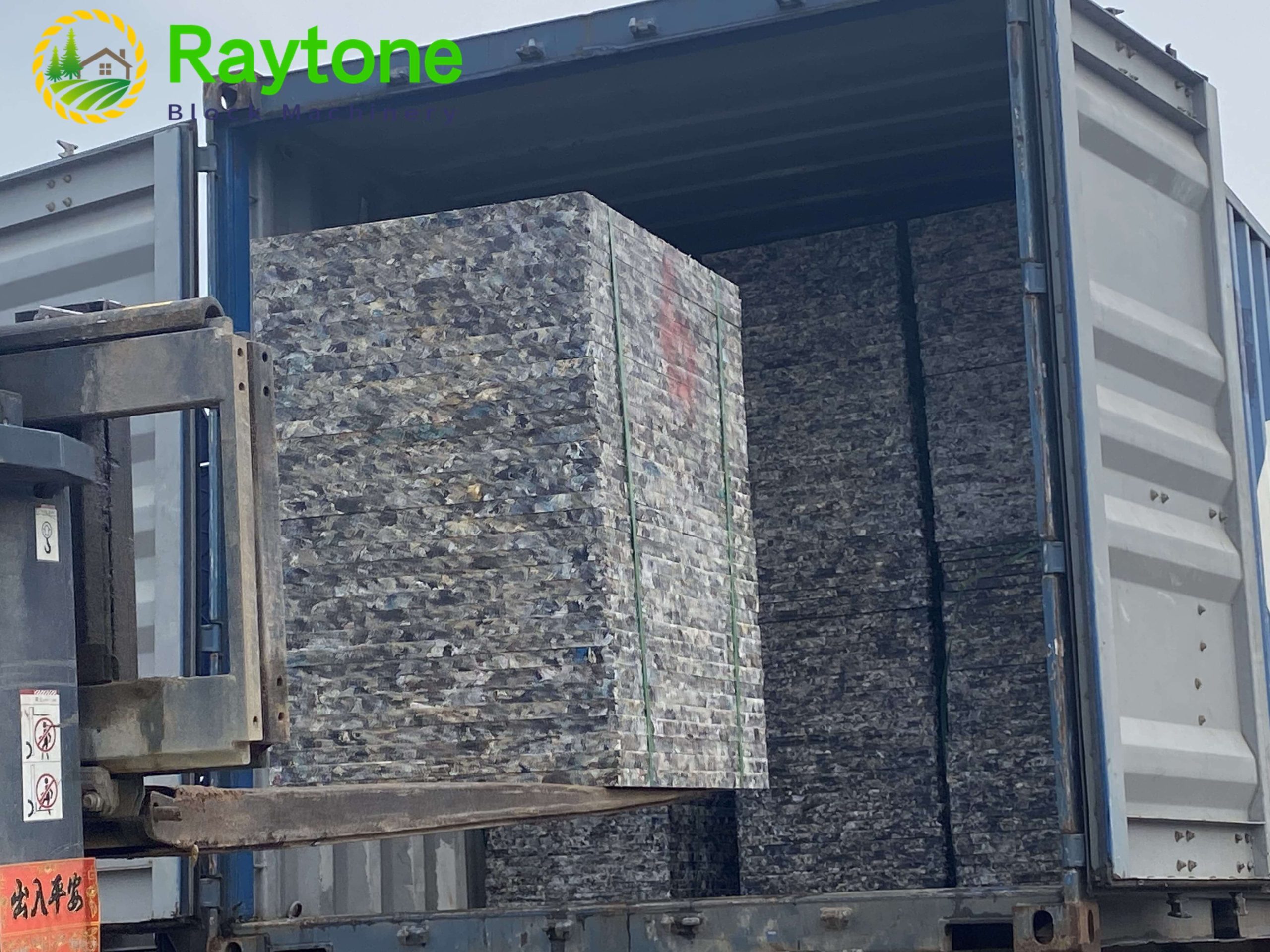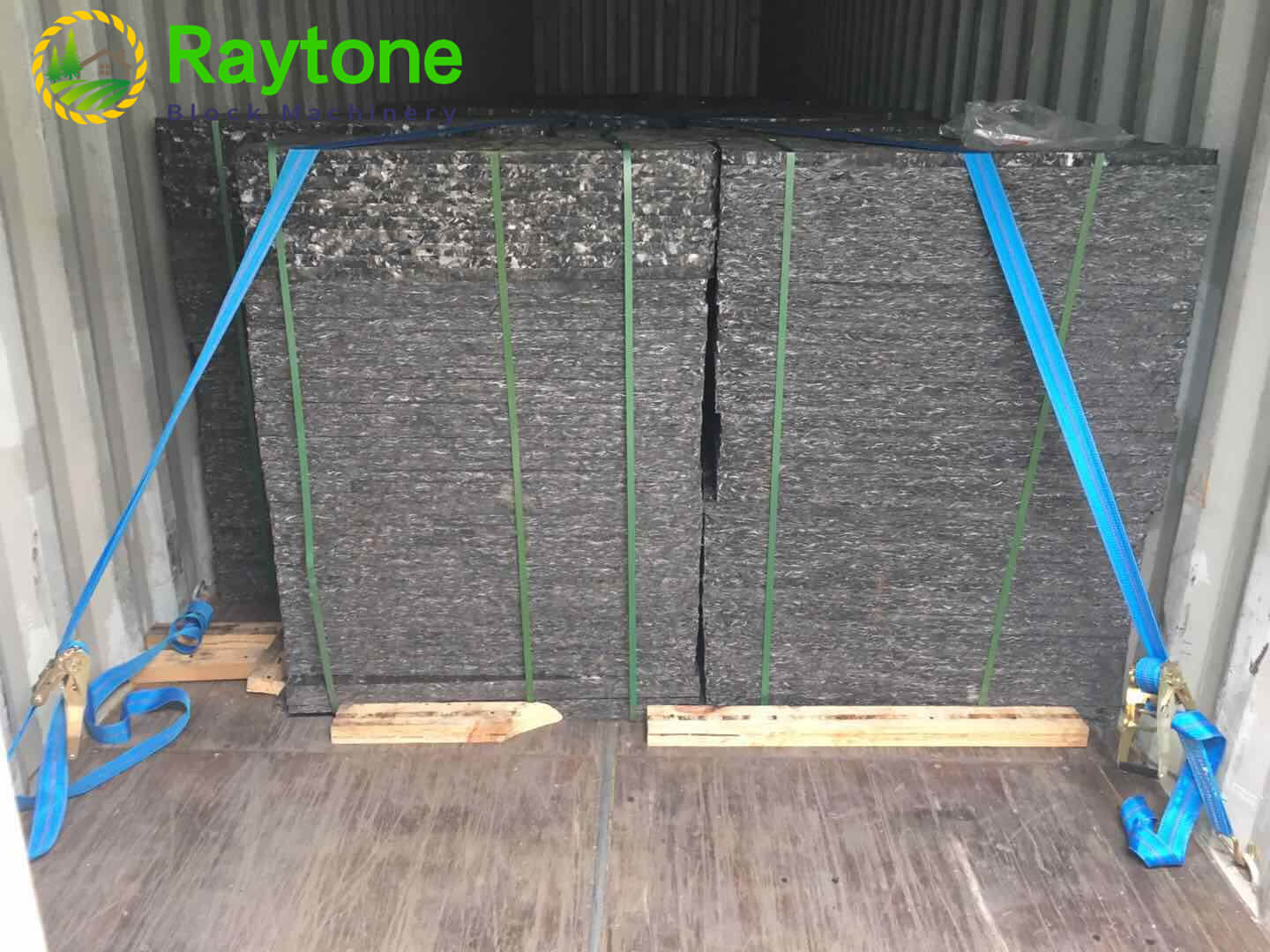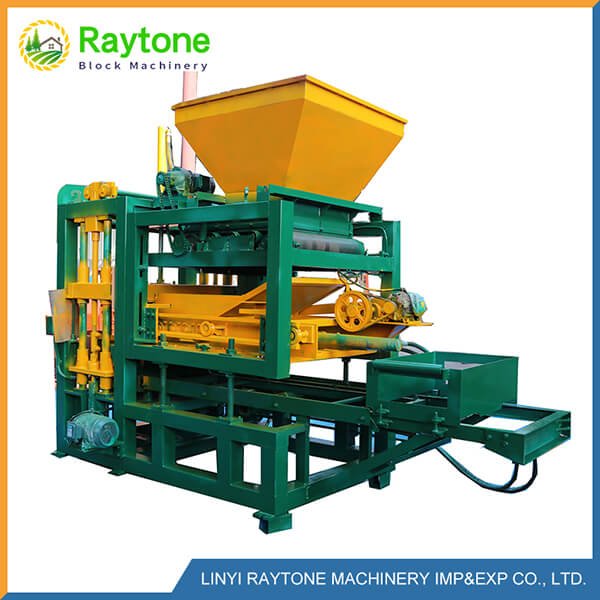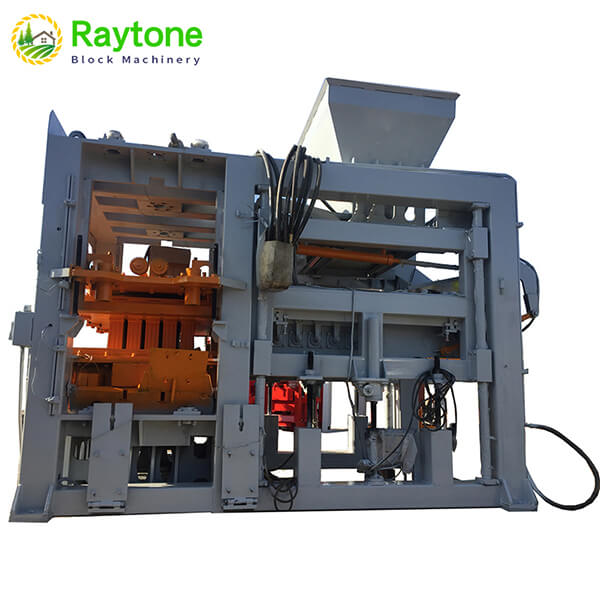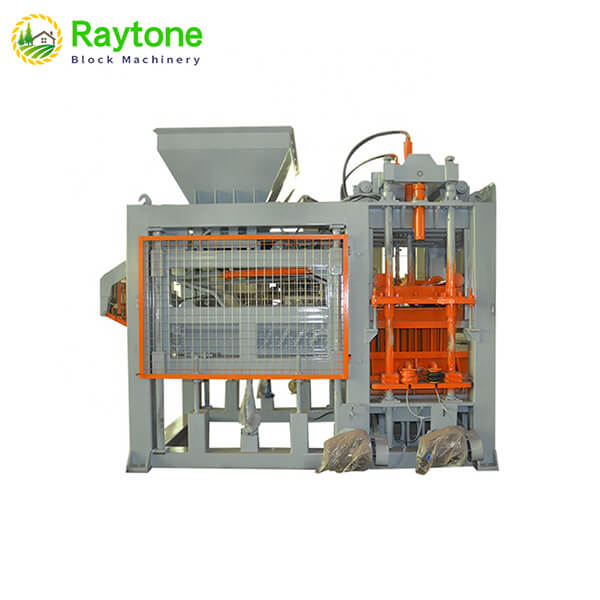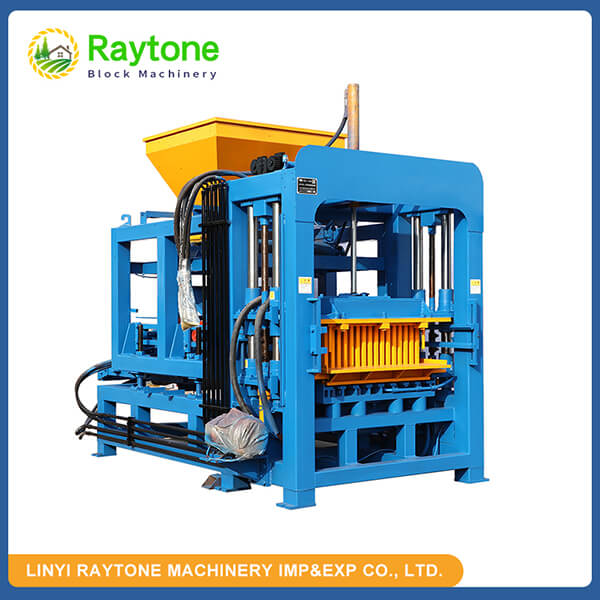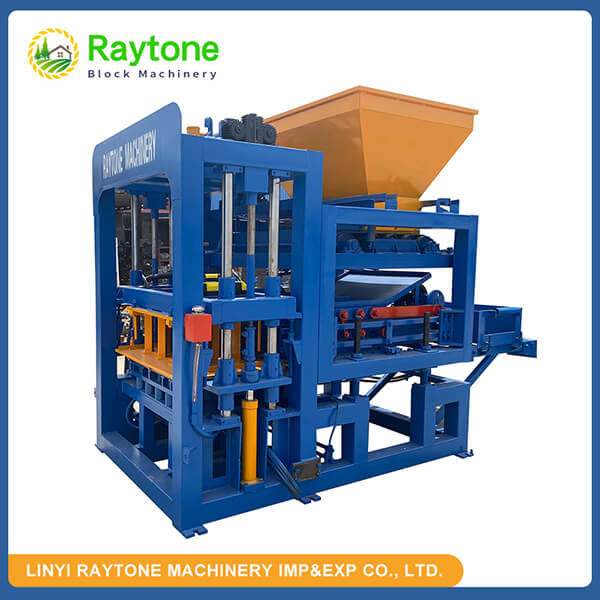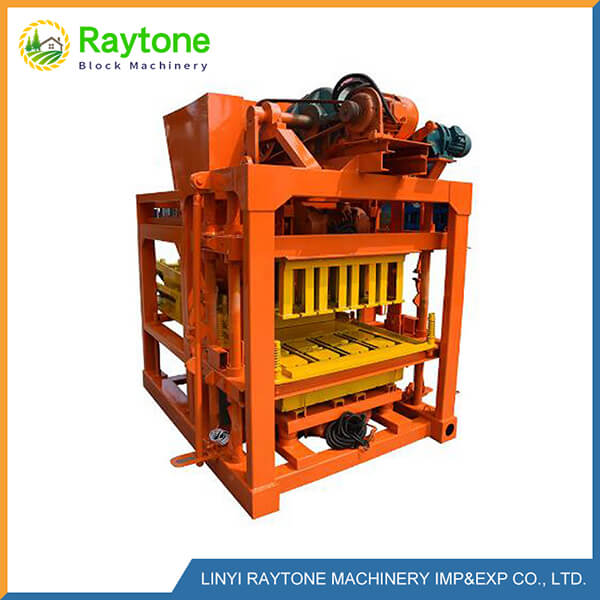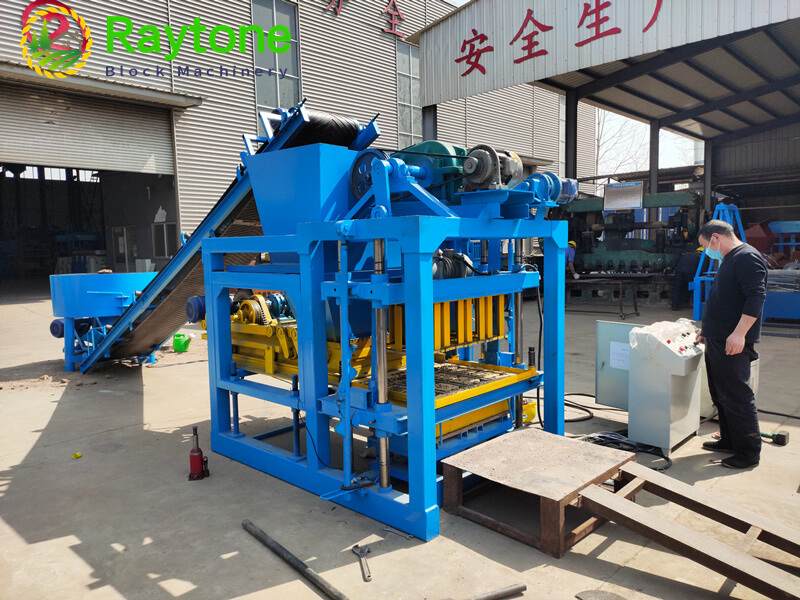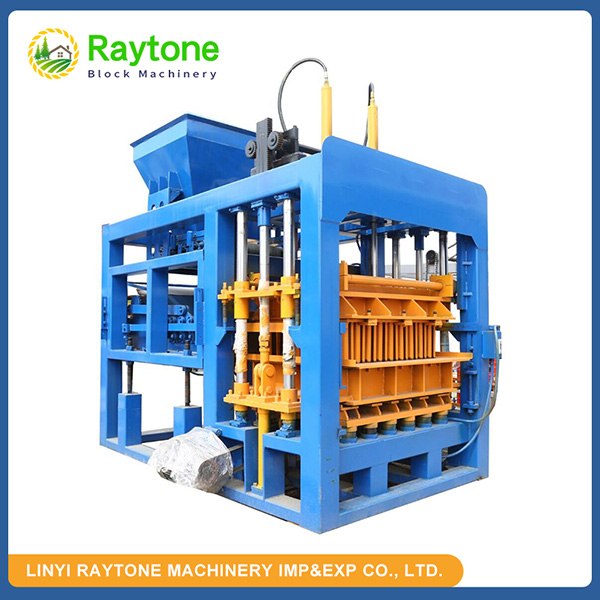Cement block making machines have revolutionized the construction industry, offering efficient and cost-effective solutions for producing high-quality building materials. These versatile machines come in various types, each designed to meet specific production needs and scale requirements. From manual operations to fully automated systems, cement block making machines provide numerous advantages, including increased productivity, consistent quality, and reduced labor costs. This article explores the different types of cement block making machines available in the market and delves into the significant benefits they offer to construction businesses and manufacturers worldwide.
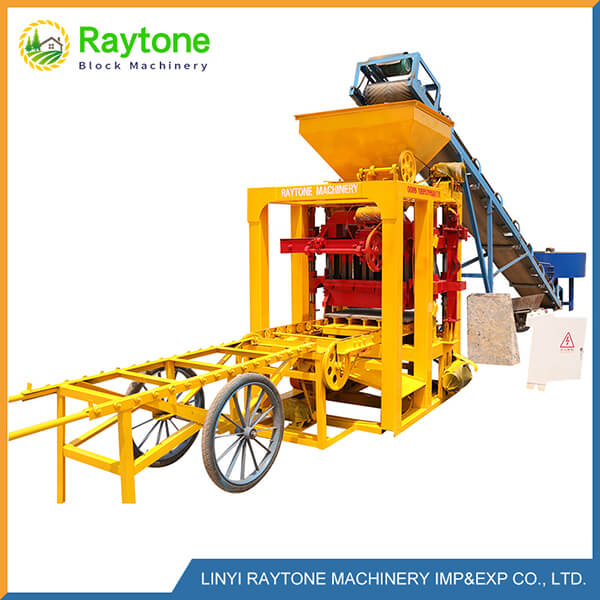
Types of Cement Block Making Machines
Manual Block Making Machines
Manual block making machines are the most basic and affordable option for small-scale production. These machines require human operation for each step of the block-making process, from mixing the materials to molding and ejecting the blocks. While they have a lower initial investment cost, manual machines are labor-intensive and have limited production capacity. They are ideal for small businesses or DIY enthusiasts looking to produce a modest quantity of blocks for personal use or local projects.
Semi-Automatic Block Making Machines
Semi-automatic cement block making machines offer a balance between manual operation and automation. These machines typically feature motorized components for mixing, compressing, and ejecting the blocks, while still requiring some manual intervention for loading materials and removing finished products. Semi-automatic cement block making machines provide increased production capacity compared to manual options, making them suitable for medium-scale operations. They offer improved consistency in block quality and reduced physical labor, making them a popular choice for growing businesses in the construction industry.
Fully Automatic Block Making Machines
Fully automatic block making machines represent the pinnacle of efficiency and productivity in cement block production. These advanced systems automate every stage of the manufacturing process, from material feeding to block curing. Equipped with sophisticated control systems and sensors, fully automatic machines ensure precise material proportioning, consistent compaction, and uniform block quality. They are capable of producing large volumes of blocks with minimal human intervention, making them ideal for large-scale construction projects and commercial block manufacturing operations.
Advantages of Cement Block Making Machines
Increased Productivity and Efficiency
One of the primary advantages of cement block making machines is their ability to significantly boost productivity. Compared to traditional manual methods, these machines can produce a much higher volume of blocks in a shorter time frame. Fully automatic systems, in particular, can operate continuously with minimal downtime, resulting in round-the-clock production capabilities. This increased efficiency allows manufacturers to meet tight project deadlines and take on larger contracts, ultimately leading to improved business growth and profitability.
Consistent Quality and Precision
Cement block making machines ensure a level of consistency and precision that is difficult to achieve with manual production methods. Advanced machines utilize precise material proportioning systems and hydraulic compression mechanisms to create blocks with uniform density, strength, and dimensions. This consistency not only enhances the structural integrity of the finished buildings but also reduces waste and rework during construction. The ability to produce high-quality blocks consistently gives manufacturers a competitive edge in the market and helps build a reputation for reliability.
Cost-Effectiveness and Resource Optimization
While the initial investment in a cement block making machine may seem substantial, the long-term cost savings are significant. These machines optimize resource utilization by precisely measuring and mixing raw materials, minimizing waste, and reducing labor costs. Automated systems require fewer operators, leading to lower labor expenses and increased production capacity per worker. Additionally, the consistent quality of machine-made blocks reduces material wastage during construction, further contributing to cost savings for both manufacturers and end-users.
Factors to Consider When Choosing a Cement Block Making Machine
Production Capacity Requirements
When selecting a cement block making machine, it’s crucial to assess your production capacity needs. Consider factors such as your current demand, projected growth, and the types of projects you typically undertake. Manual machines may suffice for small-scale operations, while semi-automatic or fully automatic systems are better suited for larger production volumes. It’s essential to choose a machine that can meet your current requirements while also allowing for future expansion to avoid the need for frequent upgrades.
Available Space and Infrastructure
The physical dimensions and infrastructure requirements of cement block making machines vary significantly between different types and models. Assess your available workspace and ensure that you have adequate room for the machine, material storage, and block curing areas. Consider factors such as power supply, water availability, and foundation requirements. Fully automatic systems typically require more space and robust infrastructure compared to manual or semi-automatic options, so it’s important to plan accordingly.
Maintenance and Support Considerations
Regular maintenance is crucial for ensuring the longevity and optimal performance of your cement block making machine. When choosing a machine, consider the availability of spare parts, technical support, and maintenance services in your area. Opt for reputable manufacturers who offer comprehensive after-sales support and training programs. Additionally, evaluate the complexity of the machine’s maintenance requirements and ensure that your team has the necessary skills or can receive adequate training to perform routine maintenance tasks.
Conclusion
Cement block making machines have become indispensable tools in the modern construction industry, offering numerous advantages in terms of productivity, quality, and cost-effectiveness. By understanding the different types of machines available and carefully considering factors such as production capacity, infrastructure requirements, and maintenance needs, businesses can choose the right cement block making machine to optimize their operations and stay competitive in the market. As technology continues to advance, these machines will play an increasingly vital role in shaping the future of sustainable and efficient construction practices worldwide.
Contact Us
If you’re looking for high-quality cement block making machines that combine performance, reliability, and value, look no further than Raytone Machinery. As a leading manufacturer of block machines, we offer a comprehensive range of solutions to meet your specific production needs. Our commitment to innovation and customer satisfaction ensures that you receive not just a machine, but a long-term partner in your success. To learn more about our products and how we can help optimize your block production process, contact us today at hazel@raytonechina.com.
References
- Smith, J. (2022). “Advancements in Cement Block Manufacturing Technology.” Journal of Construction Engineering, 45(3), 78-92.
- Brown, A. et al. (2021). “Comparative Analysis of Manual vs. Automated Block Making Processes.” International Journal of Building Materials, 18(2), 215-230.
- Thompson, R. (2023). “The Impact of Cement Block Making Machines on Construction Efficiency.” Construction Technology Review, 29(1), 55-70.
- Garcia, M. and Lee, S. (2022). “Sustainable Practices in Modern Block Production.” Green Building Solutions, 7(4), 132-148.
- Wilson, K. (2021). “Economic Analysis of Investing in Automated Block Making Systems.” Journal of Construction Economics, 33(2), 180-195.
- Chen, L. et al. (2023). “Quality Control Mechanisms in Automated Cement Block Production.” International Conference on Building Materials and Structures, 112-127.


